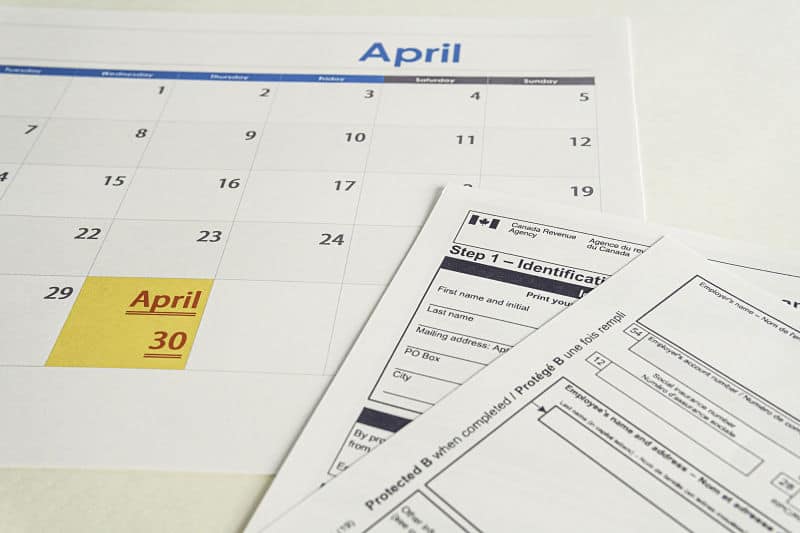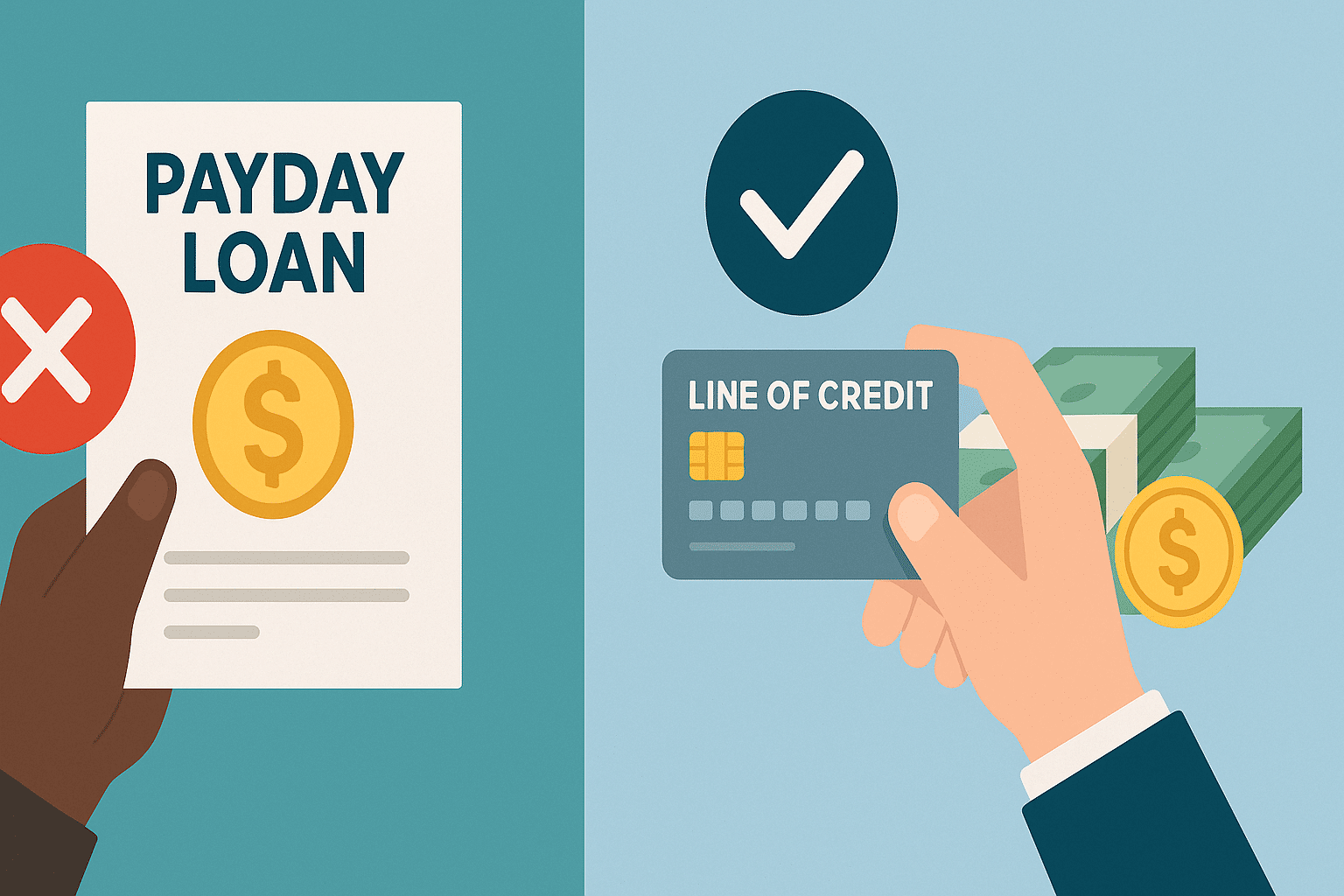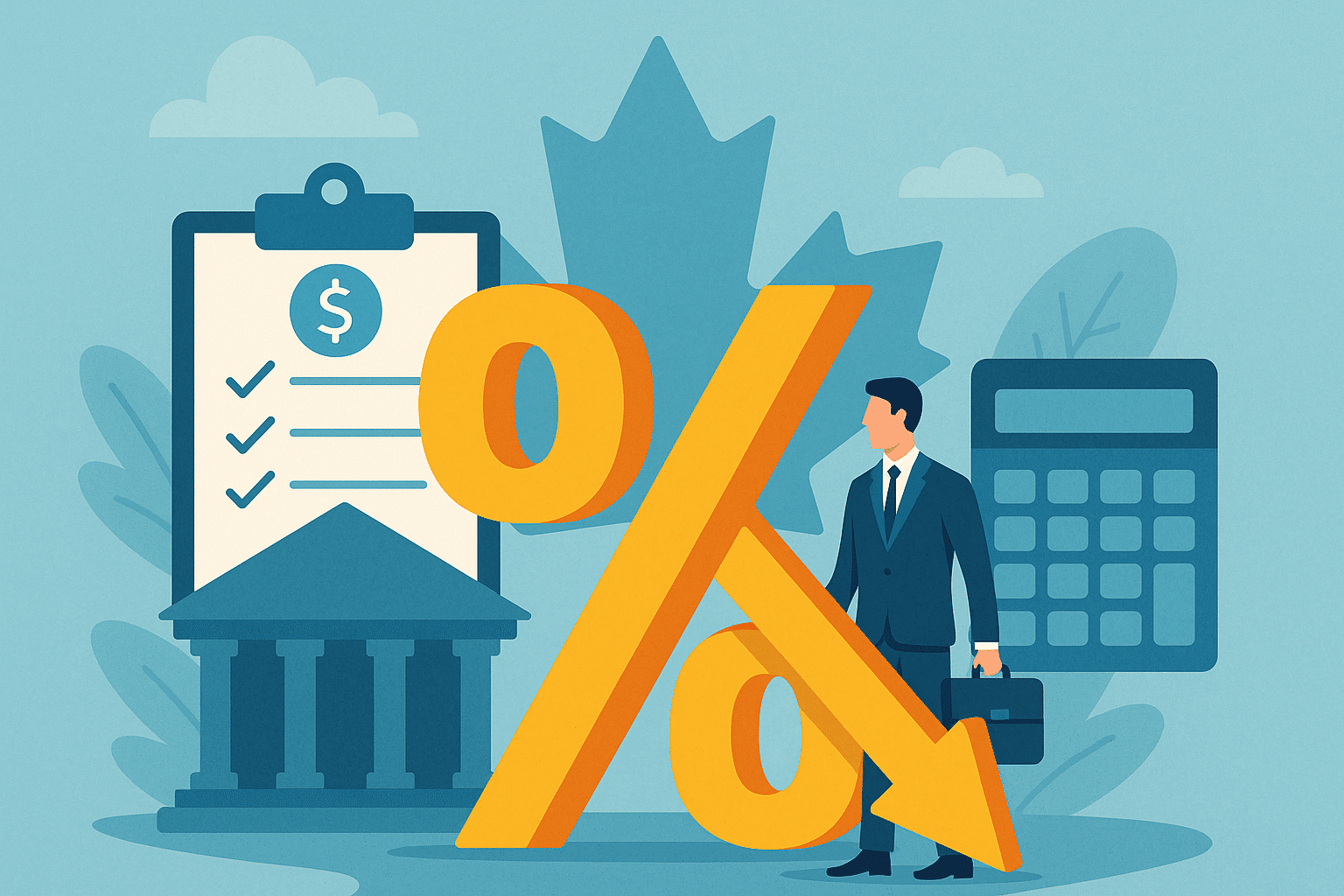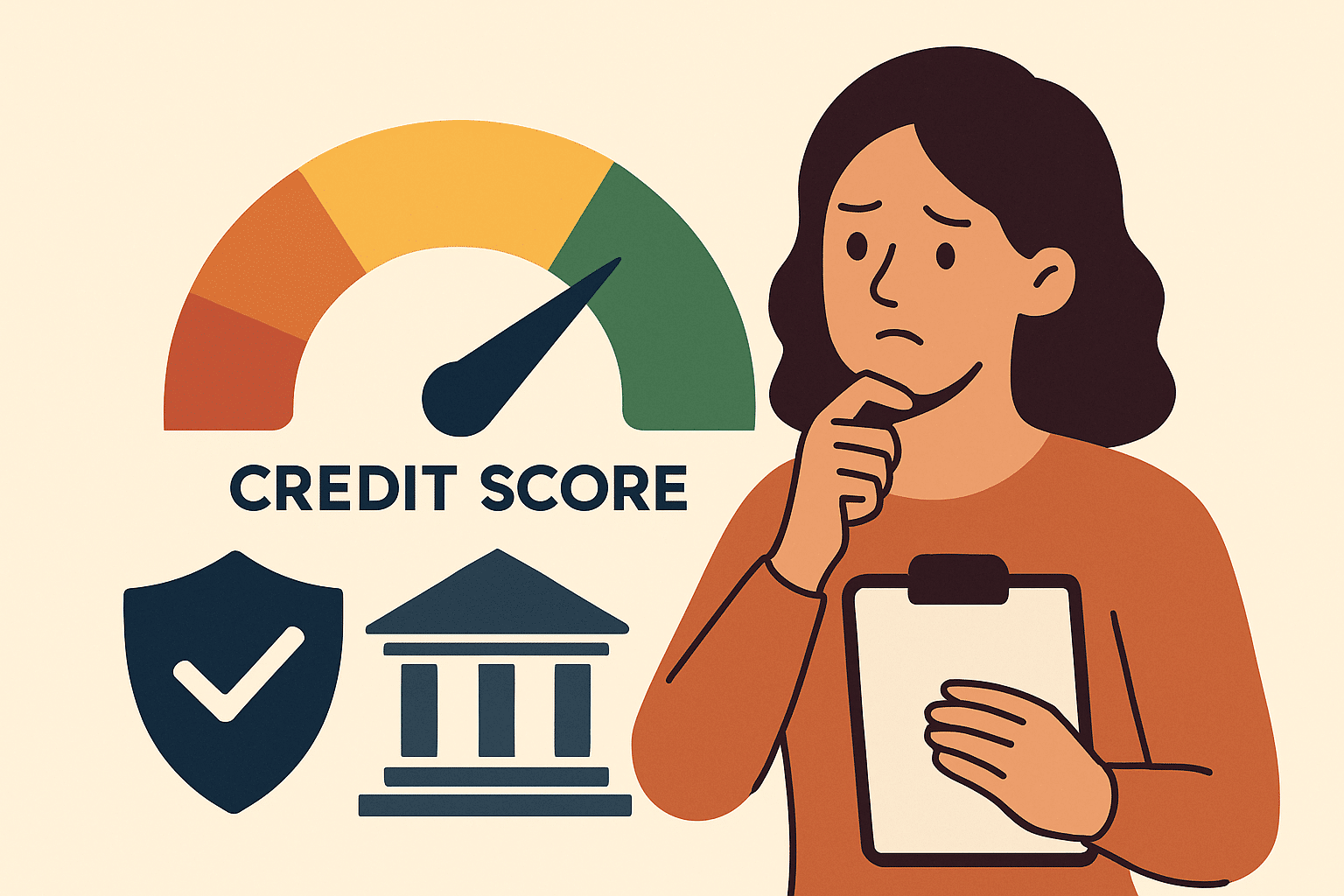The date to circle on your calendar is April 30th, 2020. For most Canadians, that’s the deadline to file your taxes for the 2019 fiscal year. In this post, we’ll be breaking down all the basics you need to know:
- What the deadlines are for personal, self-employment and corporate tax filings (including GST/HST)
- What the penalties are for not filing your taxes on time
- How to file your 2019 taxes
2019 Tax Deadline Breakdown
- If you are filing a personal tax return and are not self-employed, your 2019 tax filing deadline is April 30th, 2020.
- If you (or your spouse) are self-employed, your tax filing deadline is June 15th, 2020. There is a bit of a rub here though – if you are found to owe taxes, they still come due April 30th. After April 30th, you will begin incurring late fees on the amounts you owe, so we recommend filing early to avoid these charges.
- For corporate tax filings, the deadline is six months following the end of your fiscal year. For example, if your fiscal year ended December 31st, 2019, your deadline would be June 30th, 2020. As with self-employment income, however, your taxes become due at an earlier date:
-
- For most corporations, taxes become due two months following your fiscal year-end.
-
- In the following scenarios, taxes are due three months following your fiscal year-end: for corporations registered as Canadian Controlled Private Corporations; corporations that have claimed the Small Business Deduction for either the current or previous year; or corporations with a previous year’s taxable income under $500,000.
GST and HST Filing Deadlines
Businesses and self-employed individuals who have made over $30,000 in any 12-month period at any point in their history must collect GST/HST from their customers (and turn these amounts over to the government). We’ll look at four basic scenarios:
If you file your GST returns every month, you should submit your return and the amount you owe within a month of the end of the period you’re reporting. For example, for the January 1st to January 31st period, you should file by February 28th.
If you file your returns and payments each quarter, they are due within one month of the end of each quarter.
If you file at the end of each fiscal year, your report and payment is due within three months of the period’s end date.
However, if you are self-employed and your fiscal year ends December 31st, your payments are due April 30th and your filing deadline is June 15th (just like the rest of your taxes, as noted previously).
What are the fees for filing my 2019 taxes late?
There are a number of penalties the Canada Revenue Agency (CRA) can impose, ranging from late fees to jail time for serious delinquents. Let’s take a look at the fees you may be risking by filing late:
- If you’re even a day late, the CRA can hit you with a fee of 5% of the amount you owe in taxes. They’ll also tack on an extra 1% per month for 12 months if you don’t promptly make payment arrangements.
- If you’ve really managed to tick them off (say, by filing your taxes late in past years), the CRA can bump up your late filing fees to 10%, plus 2% per month for 20 months. Yikes.
- Remember, even if you don’t have enough money to pay your taxes all at once, you can still avoid these fees by making arrangements to pay down what you owe over time.
- You will however still owe interest. This interest is compounded daily, and the rate will change every three months.
Sometimes being late isn’t your fault! If you can prove that your lateness is due to factors beyond your control, such as a postal strike, medical emergency, natural disaster or error on the CRA’s part, you may be able to have your late fees or interest waived. You can file an RC4288 Form to lodge your request.
How to file your 2019 taxes
The CRA will begin accepting 2019 tax submissions in late February. Most Canadians now use the CRA’s NETFILE system to submit their tax returns online. There is a variety of certified software available online that can help you calculate and submit your return.
If you prefer the traditional analogue route, you can print your 2019 tax and benefit package from the CRA’s website, or request a copy be sent to you by mail. Once you’ve filled it out, you simply mail it to your local tax centre.


















